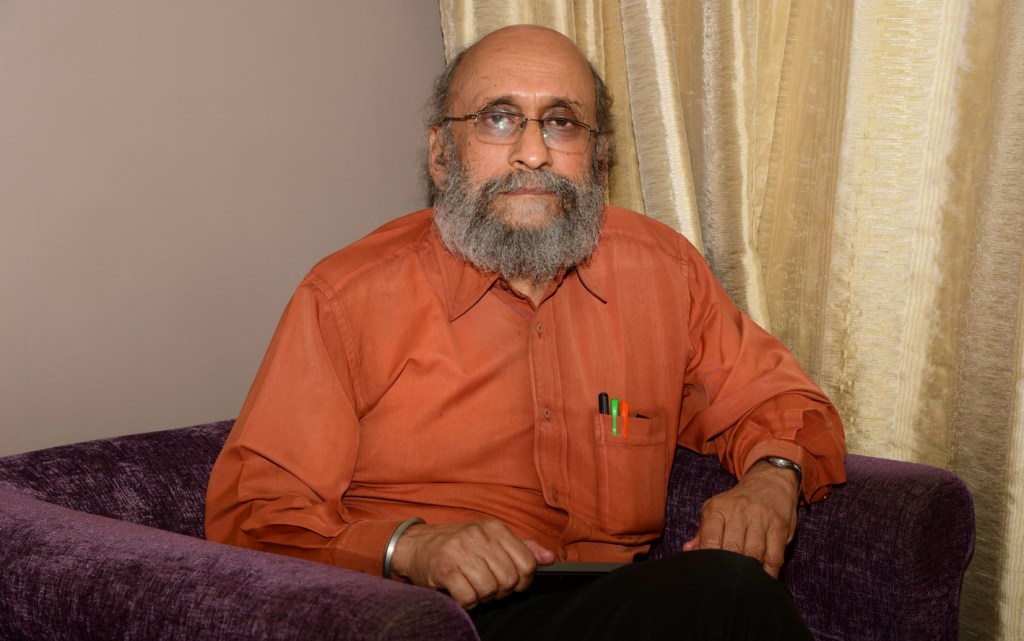What difference you see in today’s journalism?
In my 47 years of journalism career, I have been witness to many things like Emergency and growth of private television channels as well as internet, which has changed the character and complexion of media in India and the world. There has been a sea change in the way people consume information. We are a country of 1.4 billion people, and an equal number has internet access which is a major influencing factor. But, at the same time, the internet has also become a tool for spreading misinformation and hate speech. In fact, one each WhatsApp message has been attributed to the recent mob clashes and lynching.
Do you think the line between true and fake journalism has been blurred?
Yes, to a large extent. Many of the big industrialists of the country are controlling the media now. The job of the media is to question those in power, to hold a mirror to society and ask not goody goody question, but tough and hard ones. Instead, what we are seeing is the media criticising the Opposition. There is a very small section of media which is critical of the government.
How much media freedom has been curtailed?
The current laws and rules are being used to gag any voice of dissent. The RTI Act is no longer given the prominence it deserves. Article 19(1)(a) of the Constitution guarantees every citizen the right to freedom of speech and expression. The media derives its right to free speech from this provision. Laws are being misused by those in power to make journalists helpless which is very bad for democracy.
What role do you think regional media plays?
I believe non-English regional media is more vibrant and does more relevant work. It often reflects more about what is happening in the country better than the national media does in Delhi.
